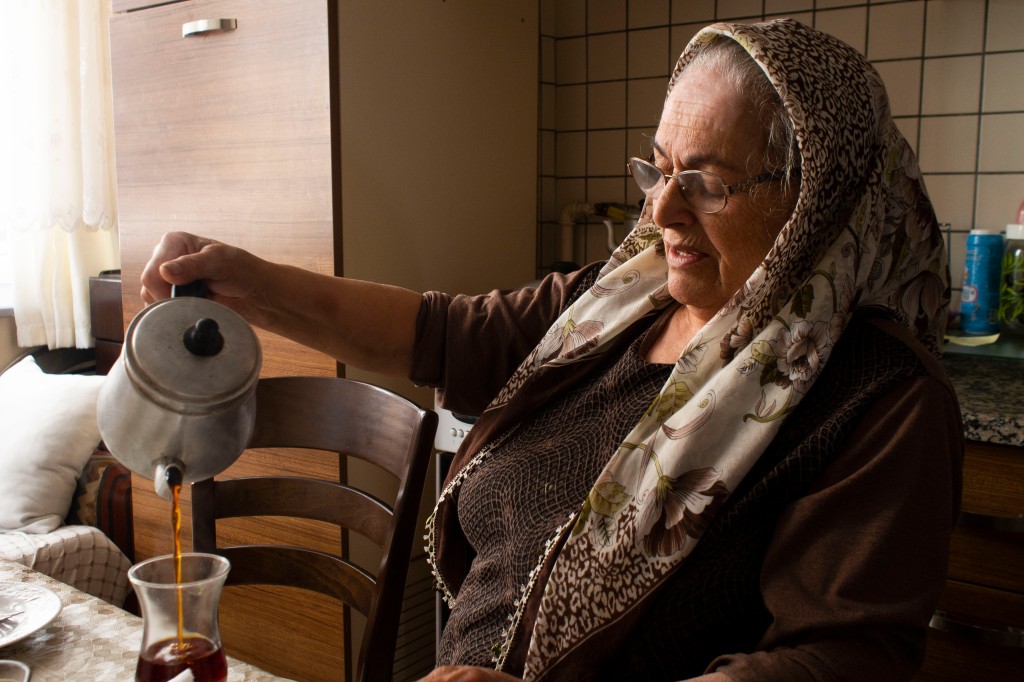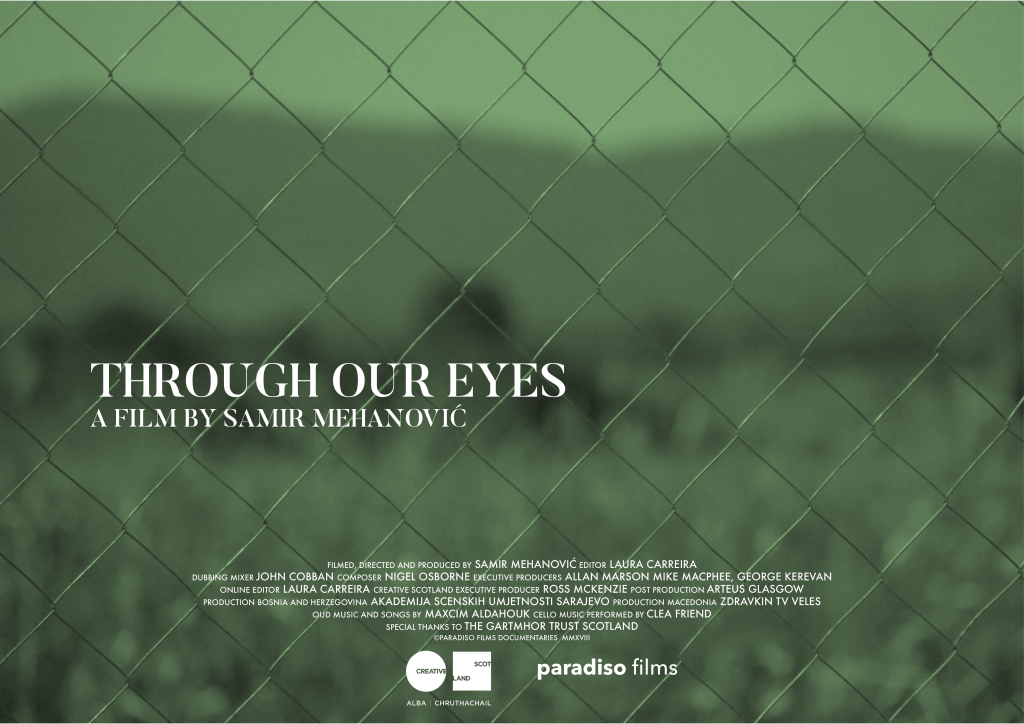This event took place in the Credo Centre, Aberdeen, on 9th November 2016, and was organised by the SSAMIS team, in collaboration with Grampian Regional Equality Council (GREC) and Child Poverty Action Group in Scotland (CPAG). It brought together findings from research conducted by SSAMIS GREC and CPAG, and focussed on evidence-based practice and recommendations for future policy. In this blog, Moya Flynn (one of the Co-Investigator’s on the SSAMIS project) describes what happened over the course of the day, which was structured around the key themes of employment, poverty and family issues, and community initiatives.
‘Living and Working Together in Scotland: Lessons for Policy and Practice’, emerged out of an earlier consultation event, organised by the SSAMIS team, which took place in February 2016 in the city of Aberdeen. The idea for the event was to showcase projects undertaken with, by and about migrant communities in Scotland in the key areas of employment; poverty and family issues; and community initiatives, and to then have focussed discussion on what changes were required and what recommendations could be made to inform future policy and practice.
The day began with a welcome given by Angela Scott, Chief Executive of Aberdeen City Council. Mrs Scott spoke of the value of the migrant population for the economic development of Aberdeen, and also of the importance of using evidence to inform policy and practice. She spoke of the success of the current resettlement programme for Syrian refugees in Aberdeen city, and of how it could be a model for working with other groups. Significantly, Mrs Scott pledged the support of Aberdeen City Council to host a future roundtable event to discuss the policy recommendations which were to emerge out of the 9th November event.

John Tomlinson, research and policy officer at GREC followed this welcome with a presentation on the findings from a three year project on employment and the migrant population, currently in its second year. Although John stressed that unemployment levels amongst CEE migrants are not as high as amongst ethnic minority communities as a whole, he pointed out the significant differences in terms of working conditions. Particular areas requiring action include tackling discrimination, including at the stage of recruitment; providing language provision which is relevant, accessible and work-related; and supporting individuals to develop a skills’ set which will help them in their quest for employment.

Henri Krishna, a welfare rights worker with CPAG in Scotland brought his own experience of working with migrant families together with findings from the first and second interim reports from SSAMIS. In particular, Henri stressed the difficulties in finding affordable childcare, the gaps in migrants’ knowledge of what is available to them in terms of assistance and welfare, and the impact of zero hours contract upon migrants with childcare responsibilities.
Claire Needler, one of the researchers from SSAMIS, then spoke about a community initiative which she has led on, The Make it Happen Café in Peterhead. The main aim of the week-long initiative, which took place in July 2016, was to create a welcoming community space in the heart of Peterhead where migrants and local people could come together around different social activities. Claire spoke of how following on from the initiative, a language café has now been established on a weekly basis, in collaboration with the Workers’ Educational Association and Modo. Other developments, partnerships and funding initiatives are emerging from MIH Peterhead and we are working actively to support these.
A lively discussion followed the three presentations, where many of the questions touched on the issue of ‘trust’. This was in relation to getting CEE migrants involved in community initiatives; involving CEE migrants in projects as peer researchers; establishing trust with young mothers from CEE, so they feel confident enough to come along to community language groups; and the challenge currently being faced in establishing trust with migrant communities against a backdrop of more negative messages of exclusion in political and media discourse.
The lunch of soup and sandwiches provided an ideal time for participants to mingle and chat more informally and to look at information stalls and materials which had been set up by GREC, CPAG in Scotland and SSAMIS.
Following lunch, participants split into discussion groups linked to the areas of employment, family issues and poverty, and community initiatives. The participants drew on their own experience to explore what responses currently exist to some of the issues raised; how these could be improved or joined up more effectively, and what is needed to make future improvements possible. The discussions concluded with each group deciding on two priority actions that might make the biggest difference in relation to their theme. What was striking from the subsequent general discussion was the similarity in terms of priority actions. These were:
• A strong consensus on the need for co-production of knowledge and working across sectors in terms of policy development. This included a call for community engagement in both policy development and implementation and the need for bottom-up responses;
• A call for greater transparency and accountability in terms of policy which is needs driven and informed by evidence. This should also entail flexibility and willingness to change policy if evidence suggests it is not working.
These priorities will now be taken forward to the roundtable event, planned for February 2017, where the focus will be on looking at actual policy mechanisms and practical support to further these priorities. Rebecca Kay (Principal Investigator on the SSAMIS project), when summing up the day, indicated also that a write up of these priorities will be shared with participants for any further feedback and firming up, prior to the roundtable taking place.
The day ended with thanks given by Philip Muinde, Chair of GREC who applauded the hard work and effort which had gone into the event, particularly noting the desire for positive change that had been evident throughout the course of the day.
This article is by Moya Flynn and is the fifth contribution of a series of posts from SSAMIS, which is hosted on this site.
For more information about these and other SSAMIS initiatives, follow us on twitter @ssamisproject, or like us on facebook.





Leave a comment